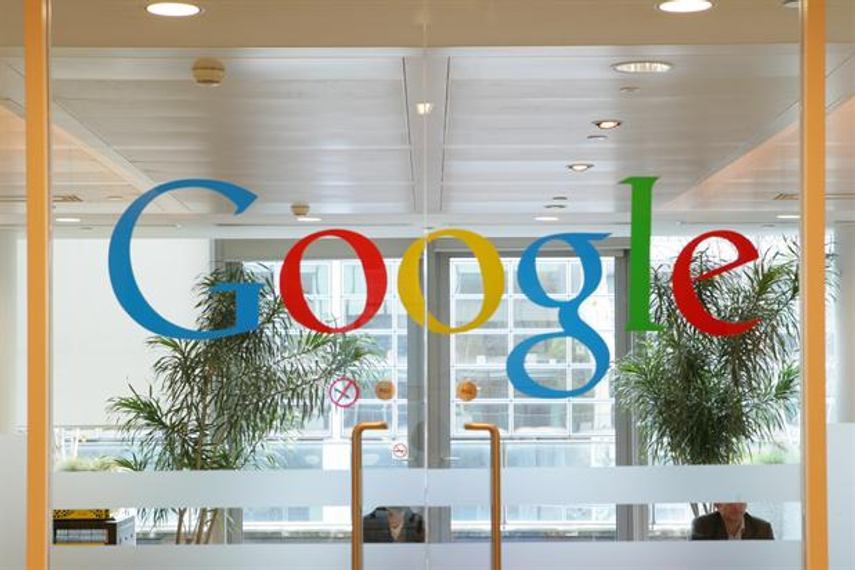
Please sign in or register
Existing users sign in here
Having trouble signing in?
Contact Customer Support at
[email protected]
or call+91 22 69489600
Technology, globalisation and a shift in attitudes are changing the world, and London stands to benefit, Iain Jacob writes.

Contact Customer Support at
[email protected]
or call+91 22 69489600
Top news, insights and analysis every weekday
Sign up for Campaign Bulletins
The AI-generated multilingual campaign promotes its flexible term plan, Flexi Shield.
The company hosted an immersive event designed as a sensorial environment, featuring large-scale installations, tasting zones inspired by Indian tea and coffee rituals, and creator-led spaces.
This planned leadership transition is aligned with Flutter Entertainment’s Asia Pacific strategy.
This partnership will allow CloudTV to strengthen its FAST channel offering with culturally themed and mythology-led programming.